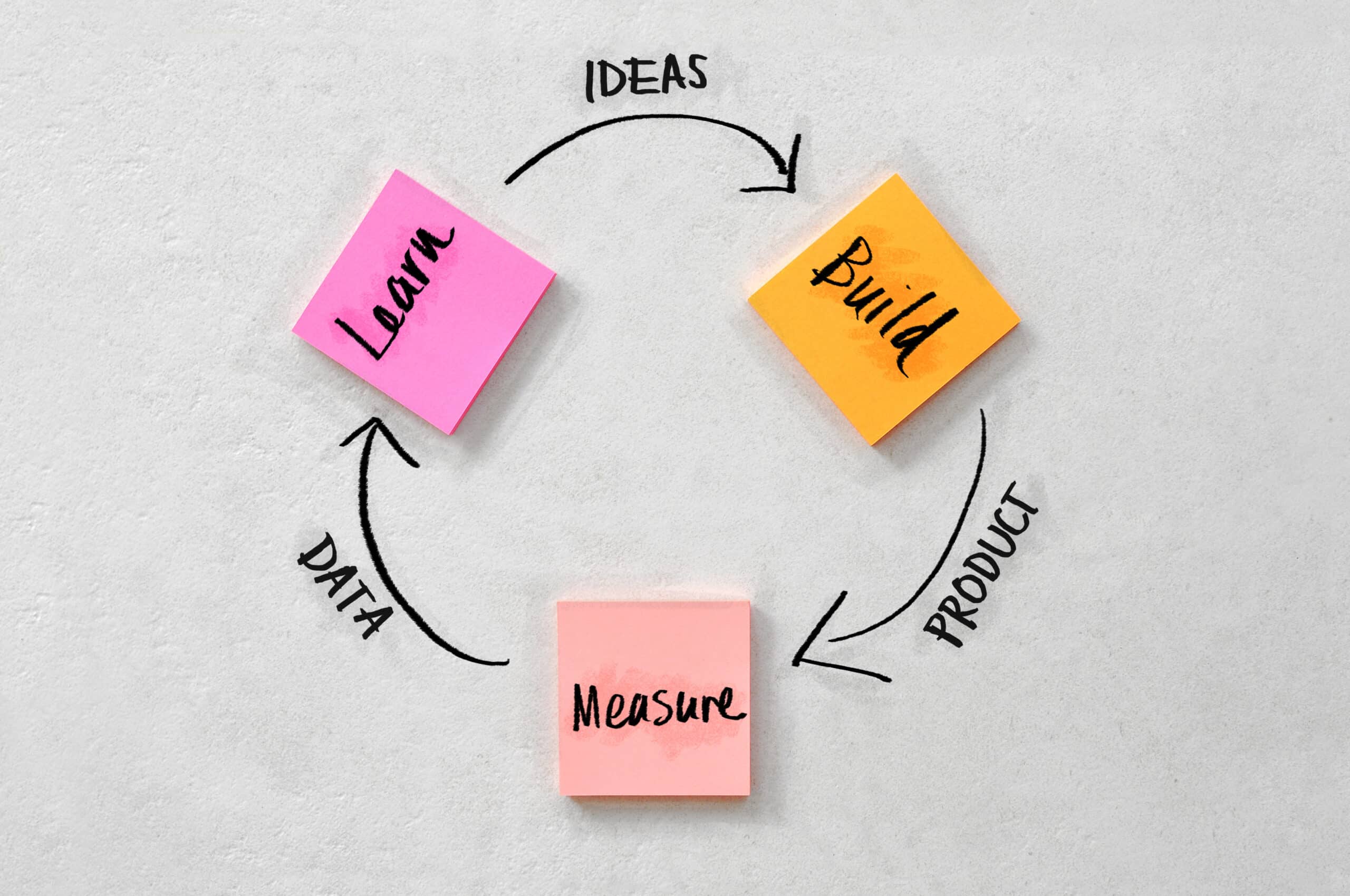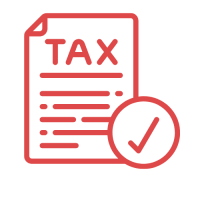Copyright is plagued with a lot of misconceptions and myths that lead to a lot of misgivings.
In a business world where outsourcing for content is more frequent than ever before, it can also lead to legal issues as to who exactly owns said content.
If a business hires an outside writer to create blog posts for their business, does the business own the copyright to that content, or does it still lay in the hands of the writer?
If they are a part of your internal staff and it is created during their employment as a part of their job, it is usually the employer who owns the copyright. If the content creator is an independent contractor (freelance or an outsourced business), they will usually retain the copyright unless there is something in writing that transfers copyright ownership to you.
If you have not made an agreement about how you may use the material, you would usually be entitled to use it for the purposes that it was commissioned for, but may not be entitled to use it for other purposes.
To avoid the legal kerfuffle that can follow an accusation or a misappropriation of IP usage, you should always discuss with the parties involved exactly what the copyright terms are.
Create A Contract Before Commencing
Make sure that IP ownership and the copyright is clearly defined before beginning a collaboration. A contract or written agreement can work in outlining the legal rights of the parties when it comes to this issue.
The contract should include:
- confidentiality clauses/agreements
- non-compete clauses in employee contracts (employees today may become competitors tomorrow).
A written agreement should clearly state who owns the IP rights to the material created by an employee or contractor will reduce unnecessary confusion and befuddlement.
The agreement should include:
- whether, and when, transfer of ownership will take place
- who has the right to exploit it
- who is to pay for it
- whether improvements or modifications are allowed.
Create a policy for Employees
Policies and regulations on IP for employees should contain provisions on:
- the categories of inventions that fall in the field of the employer’s business
- the employee’s obligation to notify the employer of inventions
- the employer’s procedures for handling such notifications
- confidentiality requirements and patent prosecution
- remuneration for the inventor.
Seek Professional Legal Advice
It is essential to get the right advice about IP and copyright before entering into any agreement with employees or contractors. Speaking with professional counsel about the matter will assist in allaying most concerns.













